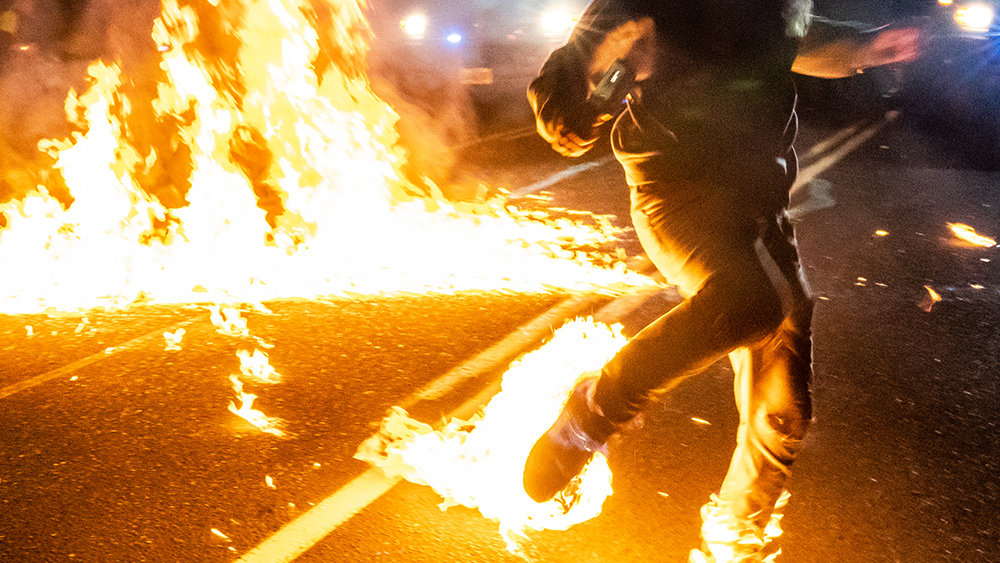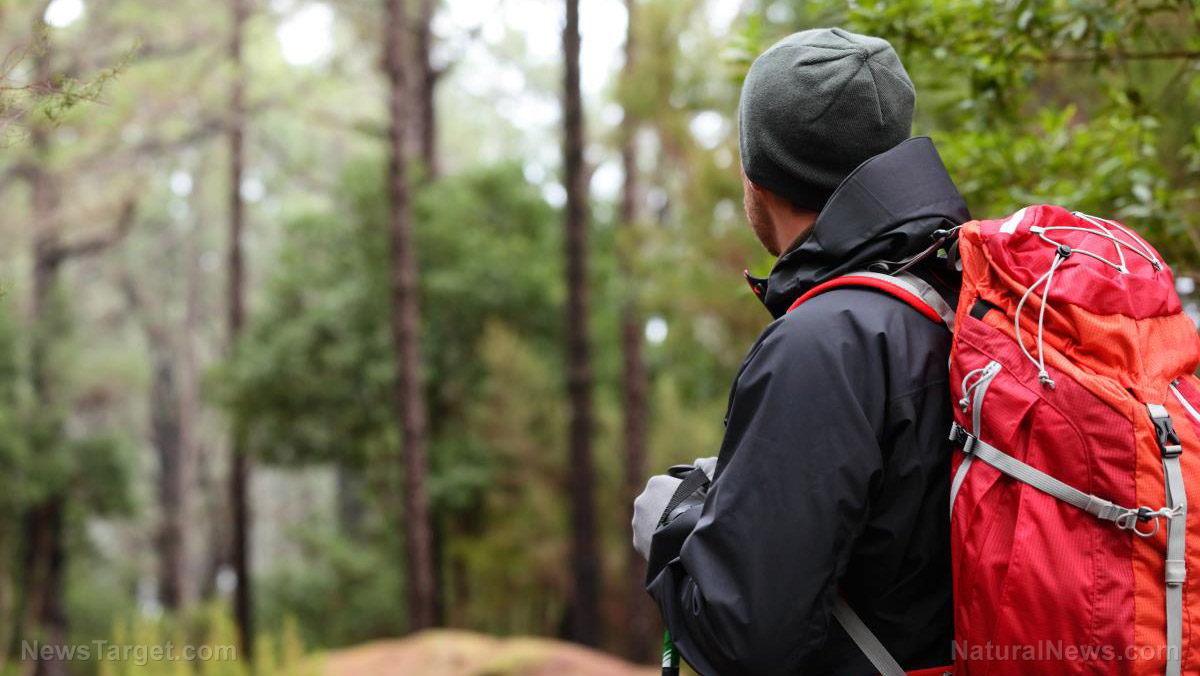
People wearing prescription glasses have to consider how they will take care of their eyewear during an emergency. When SHTF, losing or breaking your glasses can be a serious liability and affect your chances of survival. To avoid this scenario, make sure to include extra prescription glasses in your preps. (h/t to BeansBulletsBandagesAndYou.com)
Prepare your back-ups
Some people who wear prescription glasses only need them occasionally, like reading glasses, while others depend on them to go about their day. Since these glasses are a normal part of their lives, it may be easy to overlook them while preparing emergency supplies. If you're looking at an extended SHTF situation, access to new prescription glasses may not be available for years.
People who wear glasses are not the only ones who need them. Eyesight can deteriorate with age. While it depends on various factors, such as genetics and overall eye health maintenance, sooner or later you may need some prescription glasses yourself. (Related: Maintaining your eye health and vision is imperative for survival during the coming collapse.)
With impaired vision, it will be difficult to spot potential attackers or traps. Operating heavy machinery or devices will be a problem if you can't read the instructions or the labels of the buttons. Taking care of your eyesight is a must to increase your chances of survival.
1. Get multiple spare glasses
Spare prescription glasses are, so far, the best ways to counter impaired vision during a catastrophe. Have multiple spares made and put one on your work desk, one in your car and in your bug-out kit. Place them in hard eyewear cases and secure them with rubber bands.
The problem lies in how expensive they are. Getting prescriptions will likely cause a dent in your budget. Not to mention, salespeople will try and convince you that they're a "worthy" investment.
Don't fall for that. Try buying online instead. There are reputable dealers out there that can offer prescription glasses at a fraction of the price in physical stores. When buying online, they require you to give your pupillary distance to get matching eyeglasses. Ask an optometrist to measure it for you.
2. Consider using contact lenses
Some people prefer to use contacts instead of glasses. When SHTF, however, that is not recommended. Contact lenses must be cleaned consistently and replaced after some time. During an emergency, sanitation and hygiene are not assured. This is especially the case if there is no water or cleaning supplies available. Without these, it is highly possible to get an eye infection; in the worst-case scenario, you may even lose your eyesight.
If you still decide to stock up on contacts, make sure to include lots of contact lens cases and bottles of saline solution. Prepare hand sanitizer or alcohol as well. Just make sure that the alcohol has completely evaporated from your fingers before touching your eyes.
Brand new contact lenses that are still sealed in the box may last up to three years. Using them any longer than that makes them unsafe to wear. In case you run out of contacts or something comprises your stock, it is still best to invest in a pair of glasses.
3, Buy a glasses repair kit
This kit comprises a glasses screwdriver, spare screws and nose pads. They will only occupy a small space in your bug-out kit and will come in handy in case your glasses break. You may be able to use the screwdriver and screws for other emergencies as well.
In a survival scenario, prescription glasses are crucial pieces of gear that can help you navigate through the mess that will follow a disaster. Stockpile them today in case you need them later.
Find out about other critical materials you may have overlooked for your survival stockpile at SurvivalGear.news.
Sources include:
BeansBulletsBandagesAndYou.com
Please contact us for more information.





















